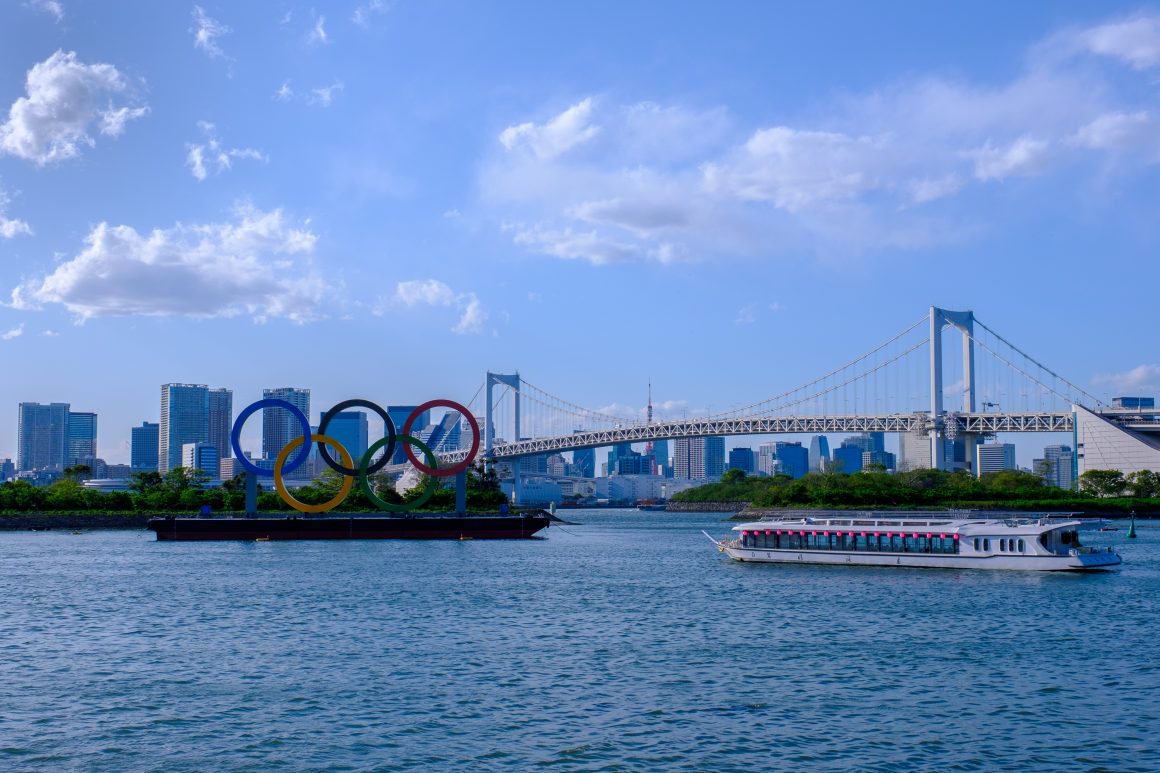
Stories behind the Tokyo Olympics: The Russian Olympic Committee and the Refugee Olympic Team
By Sebastian Vasquez Gutierrez, August 9 2021 —
The International Olympic Committee (IOC) games have had to overcome many adversities compared to other Olympics games in the past. Not only were they under the pressure to create an environment for the athletes to compete in and provide them with accommodations, but they also had to worry about how they would handle the COVID-19 pandemic and a potential outbreak during different events.
Other concerns centred around Russian athletes competing at these games, and the returning Refugee Olympic Team. For many years, Russia has had a lot of controversy from many athletes being banned due to doping, so when the news broke about the ban during these Olympics games, it didn’t come as a surprise to many people. At the Tokyo Olympics, the Refugee Olympic Team returned with more athletes and a new message for the many people who struggle in their home countries.
The IOC also had to deal with lots of controversy over the past year as the Olympics were postponed from their initial date in late July of 2020 to late July of 2021. Many people argued that the Olympics needed to be canceled and called for the IOC to wait for the 2024 Olympics in Paris. Others argued that adapting to the evolution of the virus was more realistic and to overcome any problems that might show up along the way.
The start date of the games shifted as COVID-19 spread in waves across multiple countries. Japan needed to prepare, since just a few months ago, the Delta variant started to spread creating a spike in cases. That’s when many people in Japan started demanding that the Japanese government shut down the Olympics. However, the government did not plan on shutting down the games at all and continued all the preparation despite the comments against the games.
The athletes from the Russian Federation did not compete under their own flag but instead represented the Russian Olympic Committee (ROC) as a result of a doping scandal from previous years. The IOC’s decision prevents the Russian flag from being raised and their national anthem from being played during the medal ceremonies. However, the athletes that pass drug screenings are able to compete under the “neutral” ROC — although the colours on their uniforms are the same as the Russian flag.
One team that made a return was the Refugee Olympic Team. Its first appearance was in Rio 2016 and had athletes from four countries — Syria, South Sudan, Democratic Republic of Congo and Ethiopia. Now in Tokyo, the delegation almost tripled by having 29 athletes from nine different countries — Syria, Democratic Republic of Congo, South Sudan, Eritrea, Venezuela, Iran, Afghanistan and Cameroon. These athletes participated in 12 different sports.
Many very inspiring stories came from these athletes — one of the most remarkable is that of Syrian swimmer Yusra Mardini. One year before the Rio Olympics, Mardini swam with her sister for three hours, pushing a boat that carried refugees trying to reach Greece from Syria. These games will be her second Olympic appearance representing the Refugee Team.
Cyrille Tchatchet II is a weightlifter from Cameroon who competed in 2014 in the United Kingdom. Fearing his return to Cameroon, he snuck away from where his delegation was staying and slept on the streets for a while until he fell into depression and had to call a suicide hotline. After the police picked him up, Tchatchet applied for refugee status, which took almost two years for him to achieve. Competing in Tokyo, he has also graduated from Middlesex University in Mental Health Nursing.
The Olympic Refugee Team’s goal is to help refugee athletes all around the world who struggle to find a safe place for them to train. There are millions of people who are considered refugees and all of them struggle in their own way. This Refugee Team exists to give hope and support to people who face adversities in their countries.
So far in the Tokyo Olympics, we’ve had some very inspirational moments, from the Olympic and world records that were broken in swimming — including the Hungarian Kristóf Milák breaking Michael Phelps’ World and Olympic records — to the first-ever gold medal for the Philippines won by weightlifter, Hidilyn Diaz.
These Olympic games were one of the most controversial and difficult to uphold due to the global pandemic. Even with the restrictions of no audience, the fear of an outbreak was still there and protests ensued to pressure the government to shut down the games. However, we have seen the incredible stories of many different athletes from all around the world.
